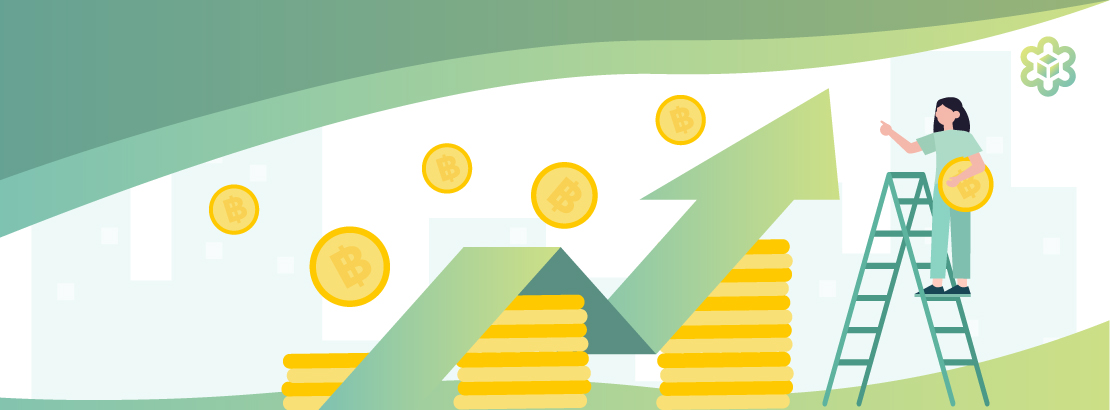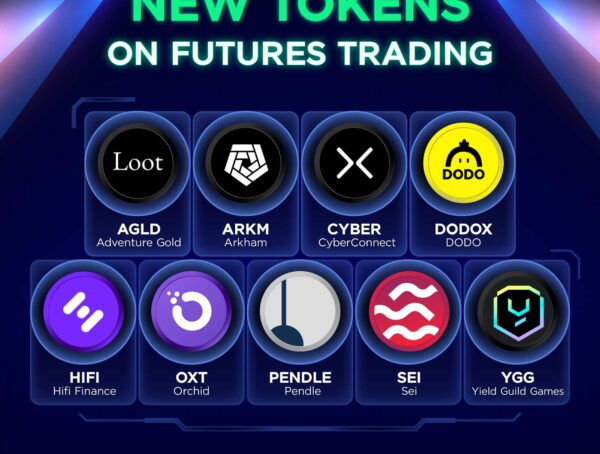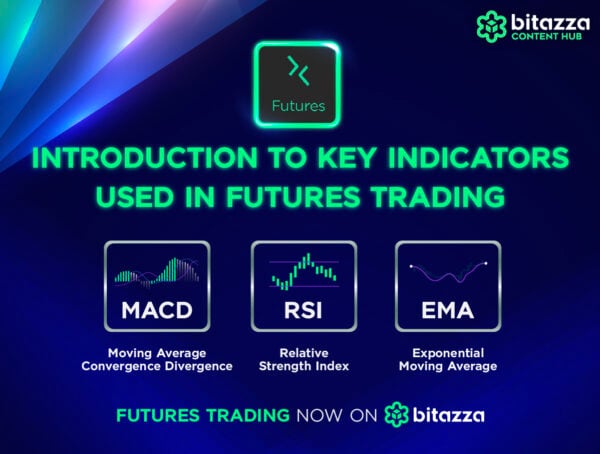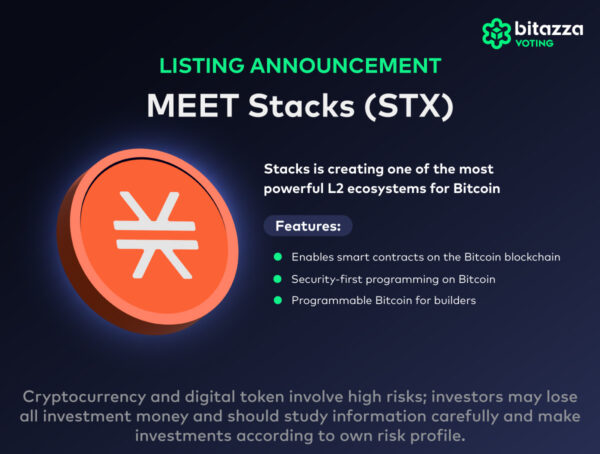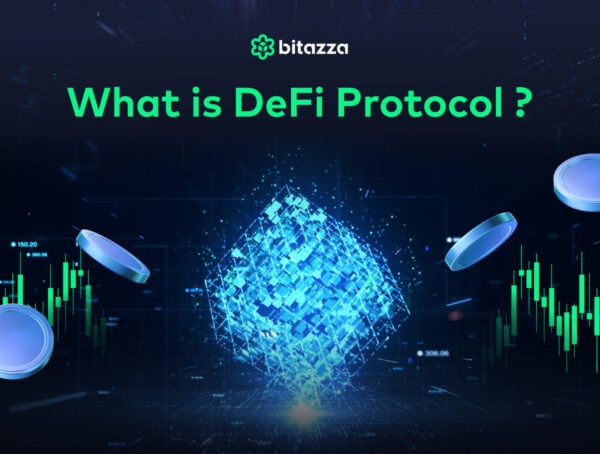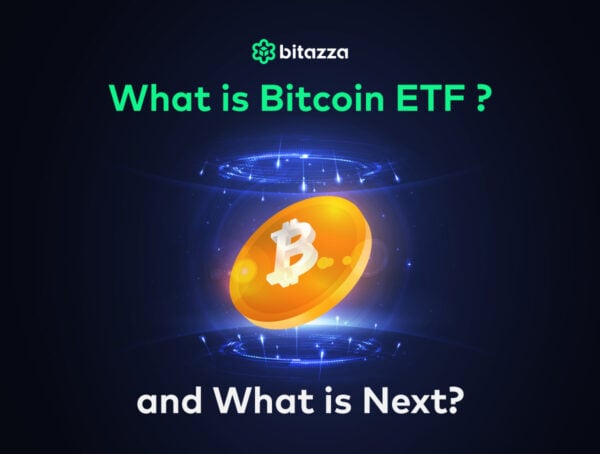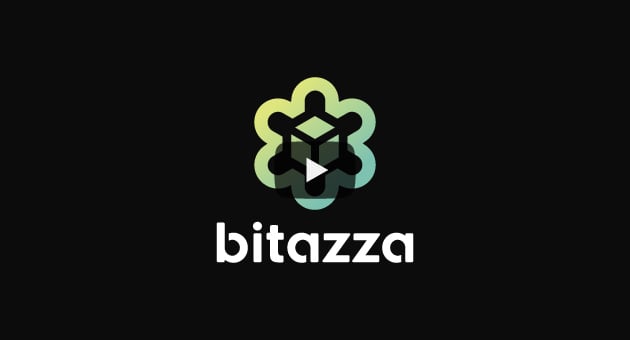Both the stock market and other asset prices have bounced back immediately after the global pandemic started showing signs of slowing down. This is mostly thanks to the government’s stimulus packages to fix immediate problems. However, the negative consequence to follow is inflation, where the value of cash decreases due to the overprinting of money. This is one reason why Bitcoin’s relative stability makes it one of the strongest alternatives both for investments and payments.
Central banks all around the world, including the United States and the European Union, as well as Japan, have the ability to print unlimited amounts of money due to their good credit scores and global positioning.
Meanwhile, governments in less powerful countries can mostly only rely on mutual funds between countries – either by bilateral or multilateral means – to support cash manufacturing.
Regardless, the principles of economics dictate that the most basic market factors are supply and demand. According to this theory, when supply exceeds demand, the value of stocks will decrease.
A good example is going to the wet market to buy some meat but finding only one piece available with ten buyers queuing up for it. Due to this demand, this piece of meat now increases in value. Meanwhile, if there are 100 pieces of chicken available but only 10 people are queuing up for it, then that would decrease its value because the supply exceeds the demand.
The same logic applies to money. In a situation where there is more cash available in the system than accounted for, inflation will happen. When cash in hand increases in value, it means products will start to become even more expensive.
First and foremost, Bitcoin has a limited supply of 21 million units and it will never be any higher. This is a basic principle of scarcity. Nowadays when a miner wishes to mine Bitcoin, it has become more and more difficult to do so.
The unique characteristic of Bitcoin that limits its supply makes the value of Bitcoin self-preserved because we can be sure that there will never be more supply than demand in the market.
Secondly, Bitcoin has a characteristic of reducing its newly available supply over time (“halving”) that makes it as though it is a hard commodity like gold, yet it is not money. The buyer and the seller have to mutually agree on its benefit of value so that it can be sold.
Gold also has the same value as the rest which is why gold has become the store of value that everyone around the world accepts since it has value by itself.
Bitcoin is also seen as a store of value, therefore there is a high chance that the value will increase according to the demand in the market.
Especially in a post-pandemic world where a cashless society is becoming more and more of a reality, Bitcoin then becomes an alternative for contactless payment. With features where fees are low and value is high, there is a tendency that Bitcoin would become a primary way to exchange value in the future.
In a country dealing with hyperinflation, whether it be Venezuela, Argentina, or Iran, there is a significantly high demand for Bitcoin. For example, one Bitcoin is valued at 1 million Thai baht in Iran due to the extremely limited supply and access to digital assets, while it is only valued at approximately 300,000 baht in Thailand.
Bitcoin may never completely replace fiat currencies. Nevertheless, Bitcoin is an appealing alternative asset in a world filled with financial instabilities, macroeconomic risks, and uncertainties. Thus, this new digital asset is primed to become an uncorrelated hedge against the aforementioned risks and an option for investment in this “New Normal” environment.
You might also like
More from Blockchain
Bitazza Token Listing Announcement: STX — Get to Know Stacks
We’re excited to announce that Stacks (STX) is now listed on Bitazza! You can now buy, sell, and trade Stacks along …
Getting Started with DeFi Protocols
What is DeFi Protocol? A DeFi Protocol, or Decentralized Finance Protocol, is a system within the decentralized finance (DeFi) space that …
What was the excitement after the approval of the Bitcoin ETF?
Many new investors may still be wondering whether the approval of the Bitcoin ETF by the U.S. SEC is a …
















